Wednesday | July 31 2024
COMPANY: That's What It's Really About
Written by Craig L. Byrd
I’d like to propose a toast!
At this year’s Tony Awards, the Stephen Sondheim and George Furth musical Merrily We Roll Along was named Best Revival of a Musical. Not just a multiple Tony Award-winner, but a bona fide box office success. Not bad for a show whose original production has long been considered Sondheim’s biggest Broadway flop with only 16 regular performances before closing abruptly in 1981.
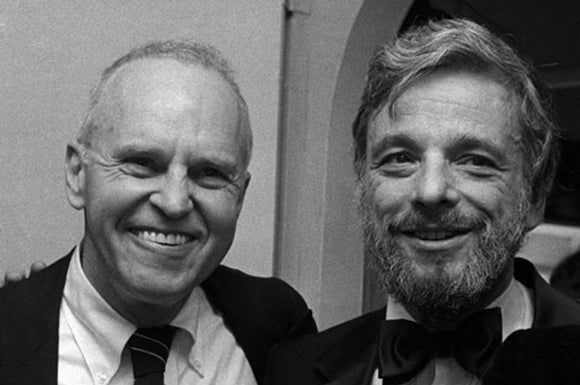
This wasn’t Sondheim and Furth’s first collaboration. If you leap backwards in time to 1970 you would be experiencing one of Sondheim’s and Furth’s biggest successes: Company which ran for 705 performances and won 6 Tony Awards.
To go out on a limb, I’d guess that if you were to list the Sondheim musicals that have had the most Broadway productions you’d suggest Into the Woods, Sweeney Todd and perhaps A Little Night Music. Only one of those shows, Sweeney Todd, has had as many revivals as the landmark musical you are about to see. Two of the three revivals of Company, including this one, were named Best Revival of a Musical of its season.
This production, directed by Marianne Elliott (who also won a Tony Award for her work), has a lot in common with this year’s revival of Merrily We Roll Along. Not just that they were both directed by women (Maria Friedman in the case of Merrily), but that each director burrowed more deeply into the material to find something new that each show has to offer for a contemporary audience.
In Company, Bobby (played in the original production by Dean Jones briefly before Larry Kert took over the role one month after opening) is facing down his 35th birthday without a girlfriend in his life. In 1970 that was, if not cause for concern, at least cause for suspicion as to why that was so. Today that doesn’t seem likely to even get noticed.
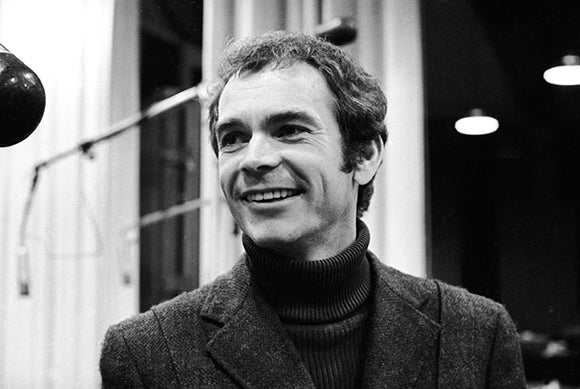
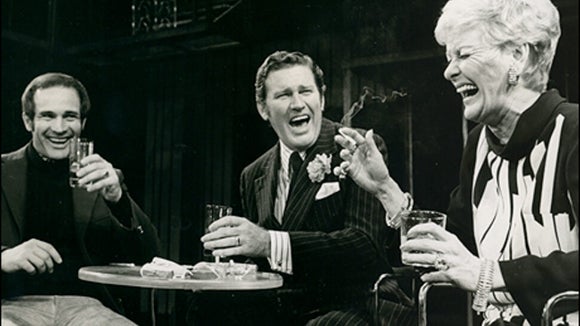
Elliott proposed to Sondheim that the protagonist in Company be changed from a man, Bobby, to a woman, Bobbie (Britney Coleman). Even today a woman might face more than just concern about her future, but about her ability to have a family. That ticking clock just gets louder and louder as each year goes by. You’ll hear that metaphorical clock throughout this production.

Sondheim was skeptical. It wasn’t the first time someone had proposed changes to Company (mostly in the form of Bobby being a gay man or an all-male production.) He always said no to those ideas. But he said yes to Elliott.
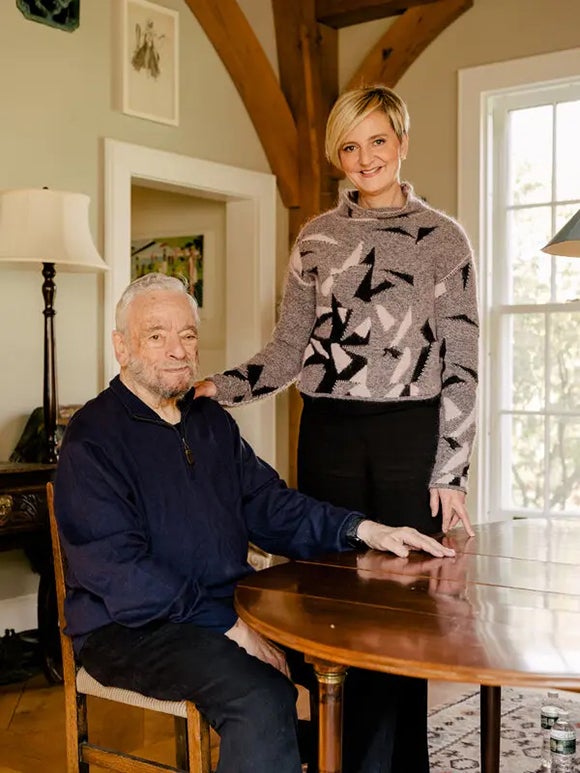
Leaving no stone unturned, Marianne Elliott would regularly consult and collaborate with Sondheim on her approach to the musical. She read through the multitude of early drafts of Company that pre-dated the final version first seen in 1970.
Much to the surprise of Elliott and Sondheim, there wasn’t all that much that truly had to be changed to accommodate Elliott’s vision. A lyric here, replacing a list of female names with male names, a sentence or two there.
In essence this is still the show that prompted New York Times critic Walter Kerr to proclaim in 1970, “Stephen Sondheim has never written a more sophisticated, more pertinent or…more melodious score; and the lyrics are every bit as good.”
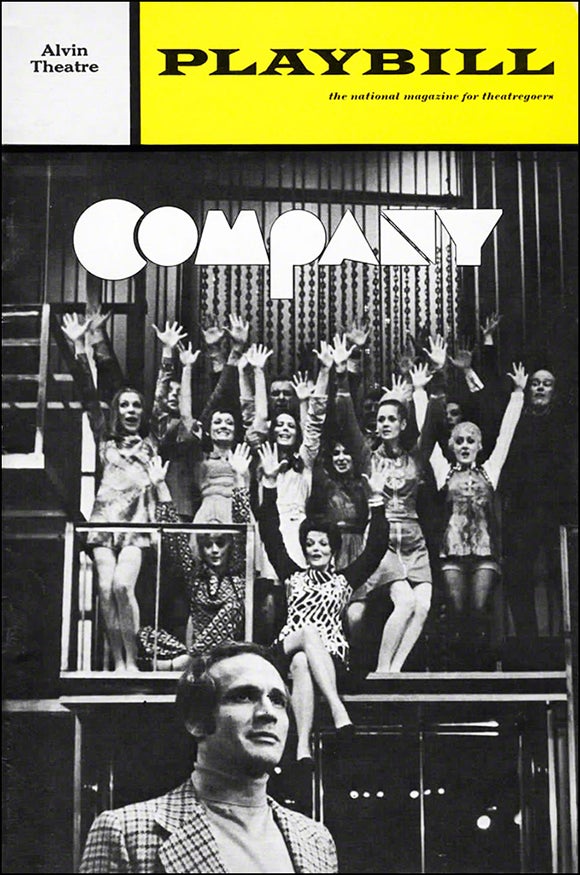
If you’re familiar with the songs from Company, you’ll hear "You Could Drive a Person Crazy" sung by Bobbie’s three boyfriends; "Barcelona" with a male flight attendant possessing a great body if not quite a great mind and the show-stopping "The Ladies Who Lunch" sung by the acerbic Joanne (Judy McLane).

The biggest change comes near the end of the first act with the song "Getting Married Today". Elliott, after a mere ninety minutes of working with actor Jonathan Bailey in London to explore a major switch and finding it had “promise,” proposed that Amy and Paul in the original production become the gay couple of Jamie and Paul.
It might have been Elliott’s biggest gamble. But it was one that Sondheim quickly agreed was a great idea.
The result of all this work is a truly fresh production of Company. Which is exactly as Sondheim wanted his shows to be approached.
As the composer/lyricist told Michael Paulson writing for the New York Times in an interview conducted five days before Sondheim’s death in 2021, “Just as you can have many different actors play Hamlet, you can have many different ways of looking at a show without distorting it. And also shows change their life according to what is going on in the world around them.”
That’s precisely what this production of Company does. A show that is 54 years old now comments on the world we live in today as incisively as it did when it was first performed.
Let’s all drink to that!
Article written by Craig L. Byrd • Publisher of the performing arts website Cultural Attaché

SOURCES